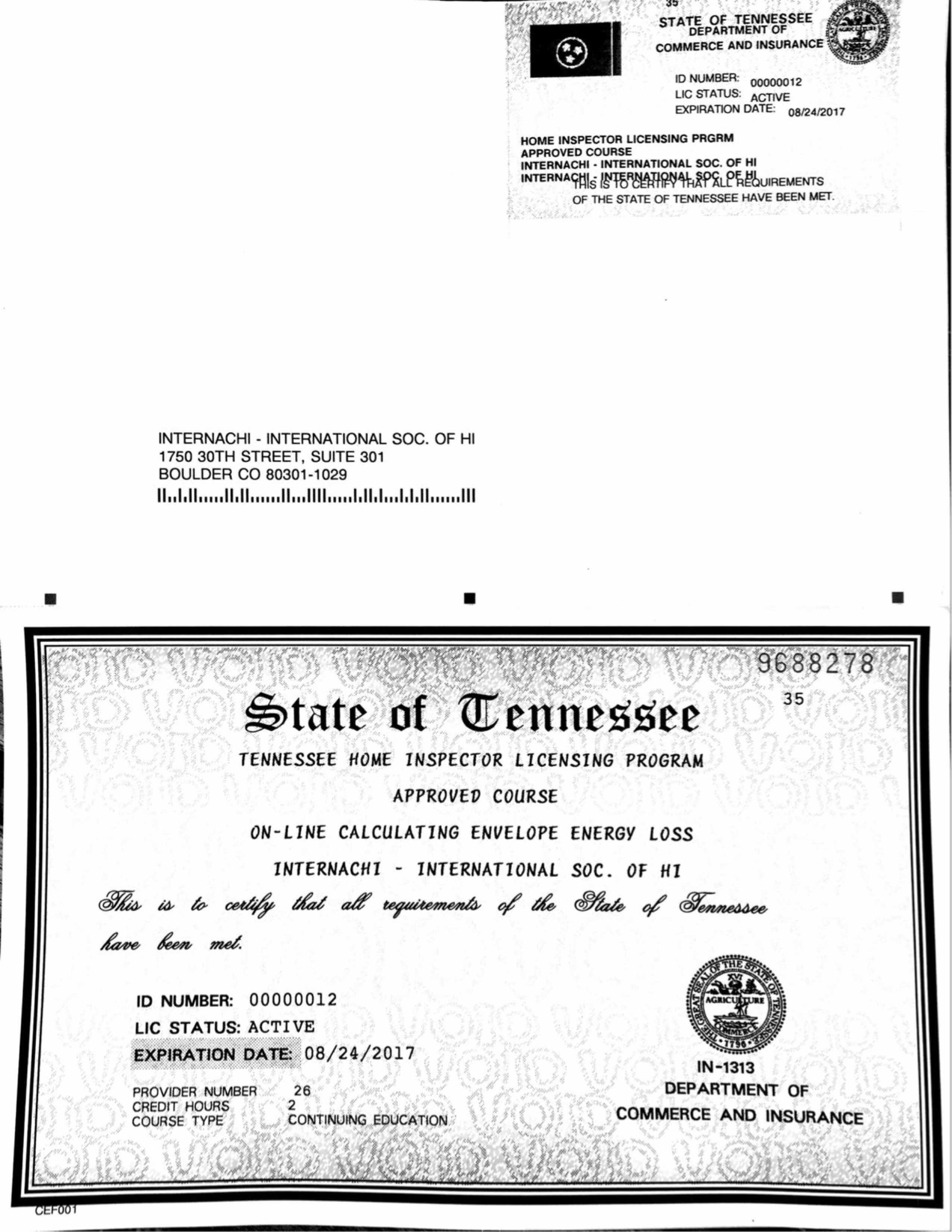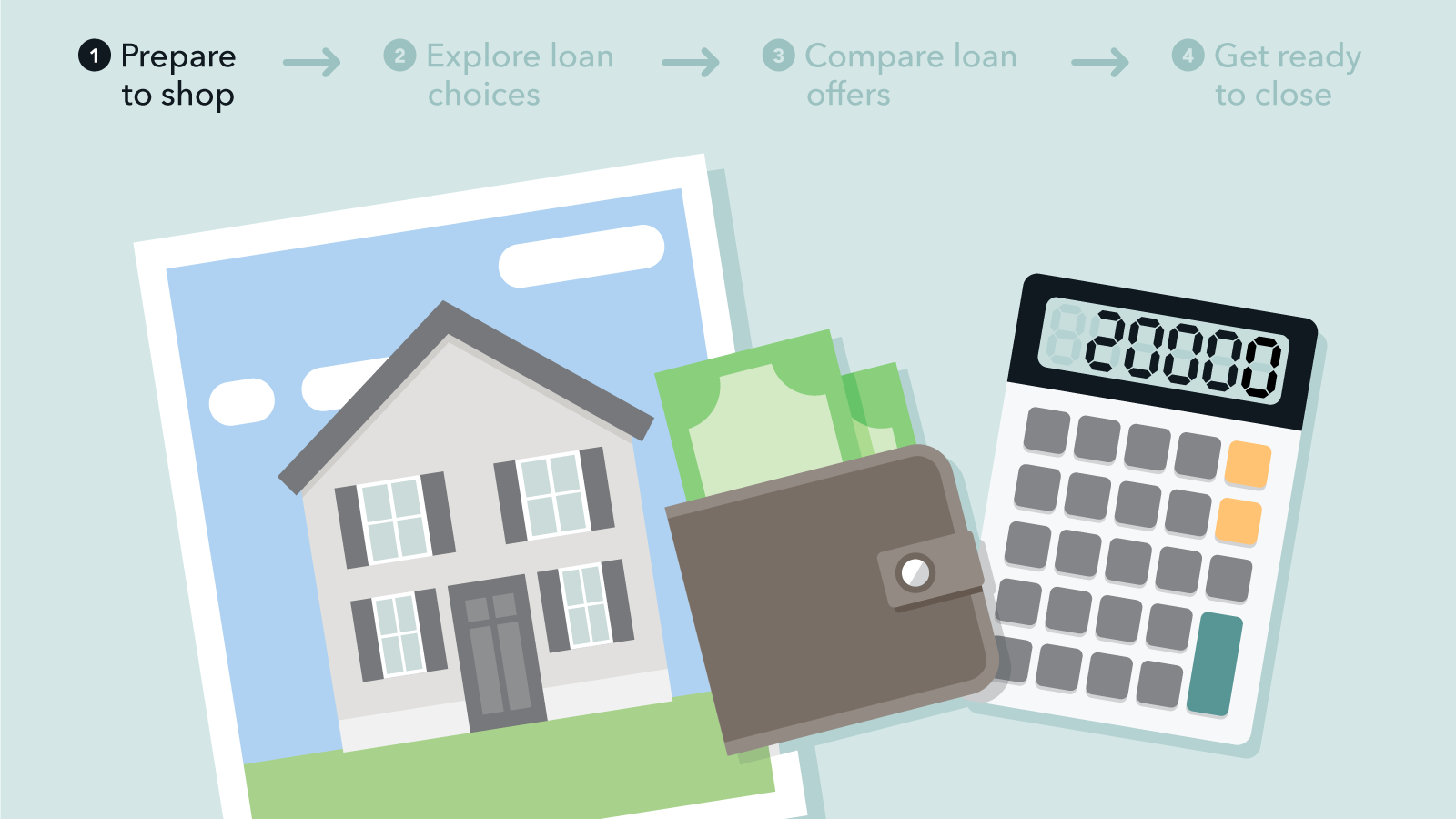
A real estate license can be obtained quickly and easily if the process is well-planned. A pre-licensing program is necessary to receive your license. You will need to pay a fee depending on where you are going to get your license. In most cases, the fees will be between $1000 and $1600. Online courses are also available, which can help you save money. An online course can help you pass your real-estate exam if you have limited time.
The state in which your license is sought depends on how many hours you will need to complete. For example, in Michigan you will need to complete 40 hours. For Texas, however, you will need at least 180 hours of classroom instruction to fulfill licensing requirements. You can take an in-person class or a series self-paced, online course.

You will need to provide fingerprints and a criminal background check. A criminal background check and fingerprints will be required. You'll also have to explain past convictions. To determine if you are eligible for licensure, a background check will be performed. While anyone with a criminal background can still be qualified for a real property license, they must also pass the pre-licensing exam and complete a course.
Most often, real estate licensing exams cover state-specific laws and federal laws. They will also include general principles in real estate. Many real estate commissions publish sample questions online. A typical test will have 75 to 200 questions. Some math questions may require you to use a calculator. The exam should be completed in 90 minutes. Although most states have their exams outsourced to third-party testing centres, you can still take them at your local real estate school.
It can be difficult to apply for a license if you aren't sure what to expect. To start, you'll need to visit your state's website to learn more about the specific requirements for acquiring your real estate license. You'll then need to fill out an application form, and submit a certification and irreversible consent form. Next, you will need to choose a broker. The real estate exam is also required. You can take it again as many times as you wish.
You can make as much as a lawyer or doctor by getting a real-estate license. It is also an excellent way to earn a large income while working for yourself. A real estate license gives you the freedom to create your own work schedule. You also have the ability to arrange your leisure time as you wish. A real estate license could help you make up to $47,000 annually and allow you to enjoy all of the financial benefits associated with a career. This license is a good investment for anyone looking for a job. It's also possible to get licensed without any prior experience.

It is vital to find a good broker who can give you the training that you need. It is also a good idea for a broker to help you market your company. A good broker should have a good reputation within your locality. It should be able offer leads to you and give you opportunities to grow. Some brokerages even provide E&O coverage.
FAQ
Should I use a mortgage broker?
A mortgage broker may be able to help you get a lower rate. A broker works with multiple lenders to negotiate your behalf. However, some brokers take a commission from the lenders. Before you sign up for a broker, make sure to check all fees.
How much money do I need to purchase my home?
This can vary greatly depending on many factors like the condition of your house and how long it's been on the market. The average selling price for a home in the US is $203,000, according to Zillow.com. This
Should I rent or buy a condominium?
Renting may be a better option if you only plan to stay in your condo a few months. Renting will allow you to avoid the monthly maintenance fees and other charges. The condo you buy gives you the right to use the unit. You have the freedom to use the space however you like.
How many times can my mortgage be refinanced?
It depends on whether you're refinancing with another lender, or using a broker to help you find a mortgage. You can typically refinance once every five year in either case.
What is a Reverse Mortgage?
Reverse mortgages allow you to borrow money without having to place any equity in your property. It allows you access to your home equity and allow you to live there while drawing down money. There are two types available: FHA (government-insured) and conventional. With a conventional reverse mortgage, you must repay the amount borrowed plus an origination fee. FHA insurance covers the repayment.
What should I look for when choosing a mortgage broker
Mortgage brokers help people who may not be eligible for traditional mortgages. They search through lenders to find the right deal for their clients. This service may be charged by some brokers. Other brokers offer no-cost services.
How long does it usually take to get your mortgage approved?
It depends on several factors such as credit score, income level, type of loan, etc. It usually takes between 30 and 60 days to get approved for a mortgage.
Statistics
- It's possible to get approved for an FHA loan with a credit score as low as 580 and a down payment of 3.5% or a credit score as low as 500 and a 10% down payment.5 Specialty mortgage loans are loans that don't fit into the conventional or FHA loan categories. (investopedia.com)
- Based on your credit scores and other financial details, your lender offers you a 3.5% interest rate on loan. (investopedia.com)
- Private mortgage insurance may be required for conventional loans when the borrower puts less than 20% down.4 FHA loans are mortgage loans issued by private lenders and backed by the federal government. (investopedia.com)
- 10 years ago, homeownership was nearly 70%. (fortunebuilders.com)
- The FHA sets its desirable debt-to-income ratio at 43%. (fortunebuilders.com)
External Links
How To
How to locate an apartment
When moving to a new area, the first step is finding an apartment. This takes planning and research. This involves researching and planning for the best neighborhood. This can be done in many ways, but some are more straightforward than others. Before you rent an apartment, consider these steps.
-
Researching neighborhoods involves gathering data online and offline. Online resources include Yelp. Zillow. Trulia. Realtor.com. Local newspapers, real estate agents and landlords are all offline sources.
-
Read reviews of the area you want to live in. Yelp and TripAdvisor review houses. Amazon and Amazon also have detailed reviews. You may also read local newspaper articles and check out your local library.
-
For more information, make phone calls and speak with people who have lived in the area. Ask them about what they liked or didn't like about the area. Also, ask if anyone has any recommendations for good places to live.
-
Be aware of the rent rates in the areas where you are most interested. If you are concerned about how much you will spend on food, you might want to rent somewhere cheaper. Consider moving to a higher-end location if you expect to spend a lot money on entertainment.
-
Learn more about the apartment community you are interested in. How big is the apartment complex? What price is it? Is it pet-friendly What amenities does it offer? Is it possible to park close by? Do tenants have to follow any rules?